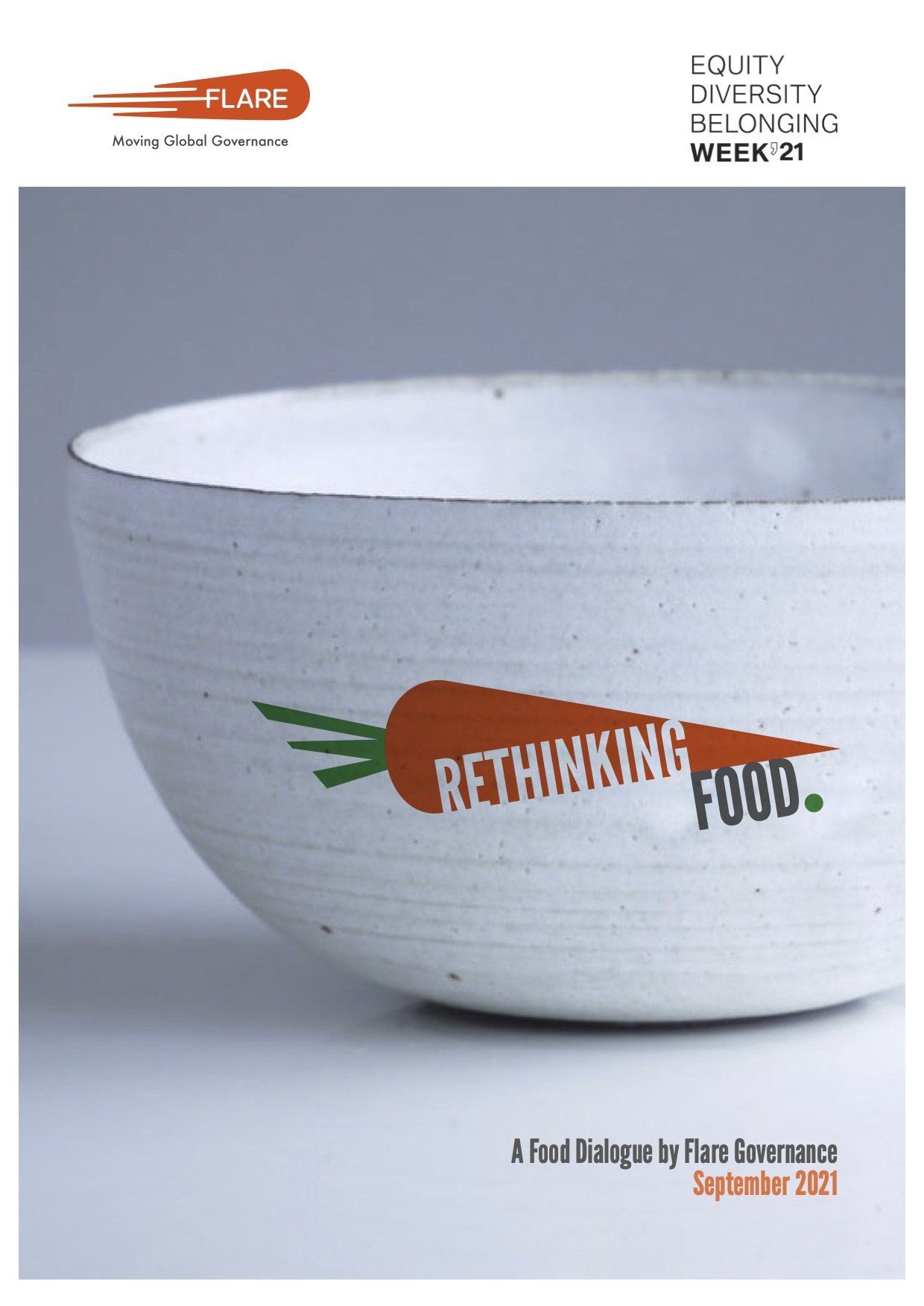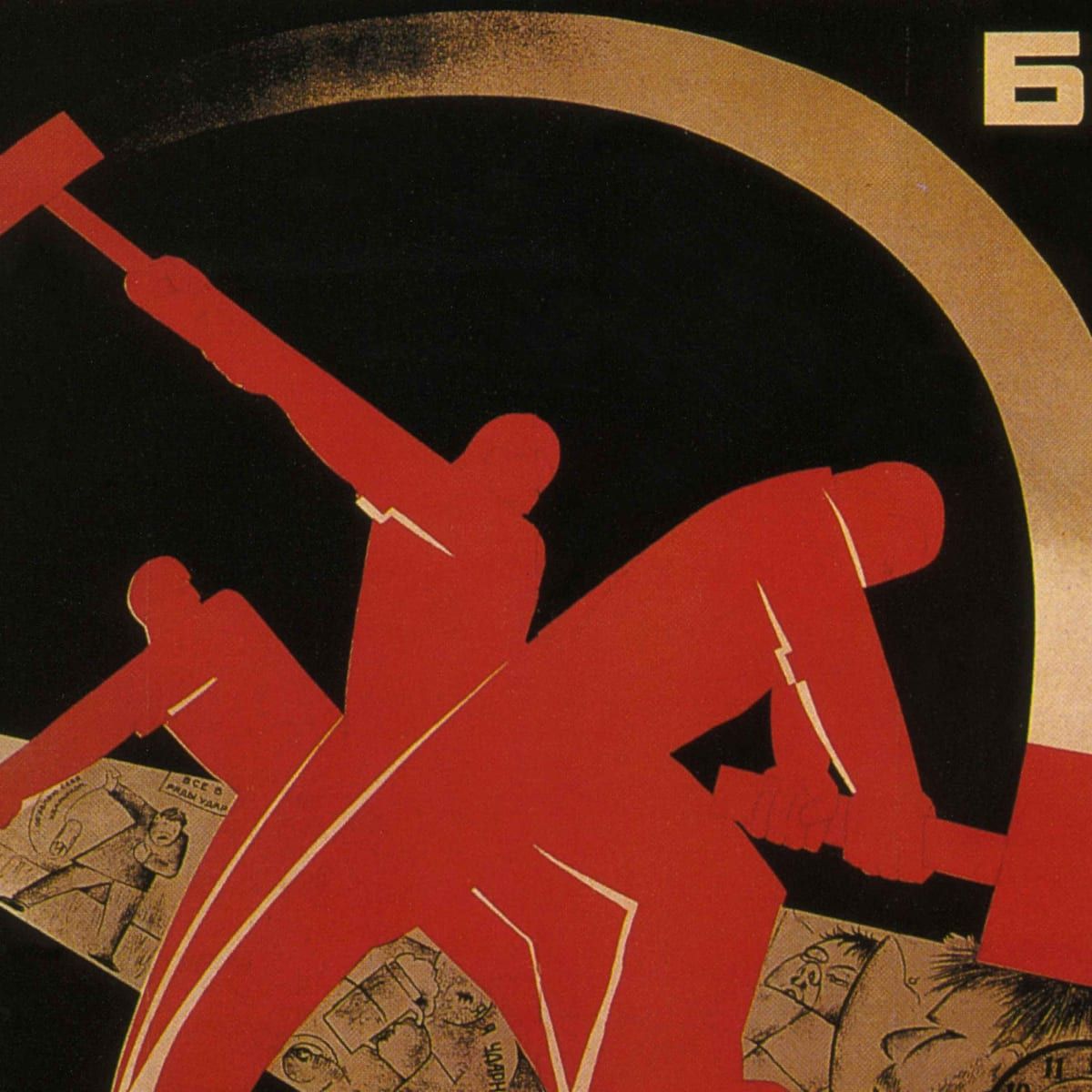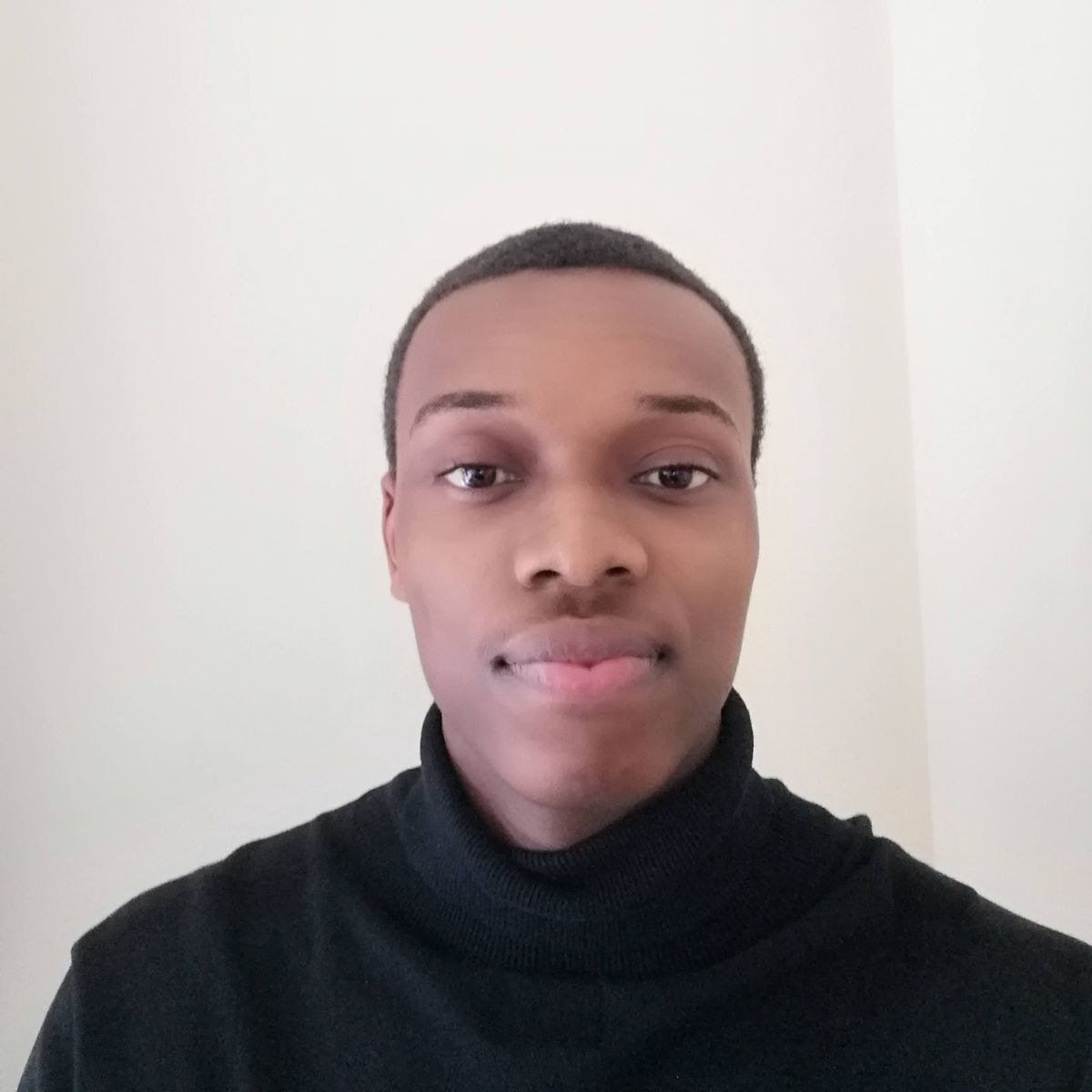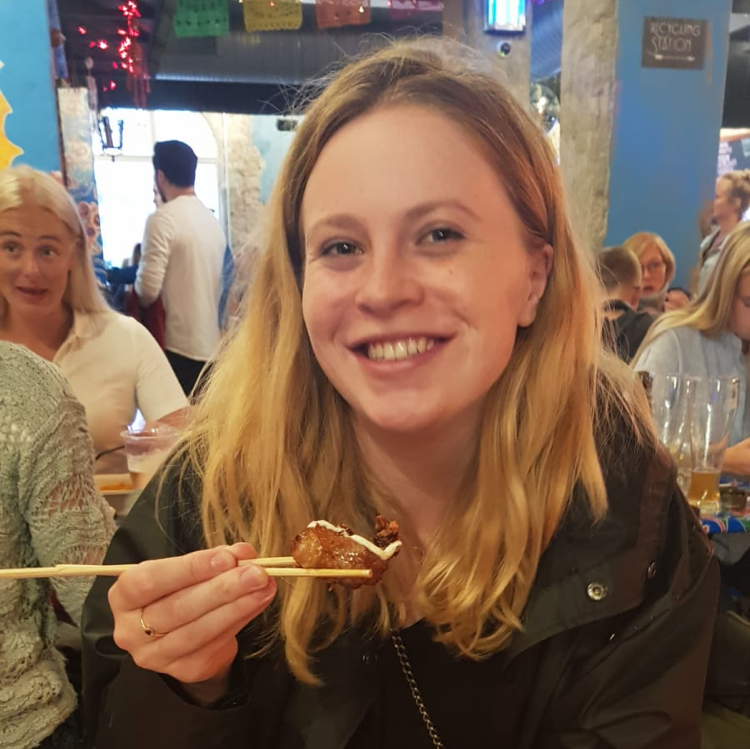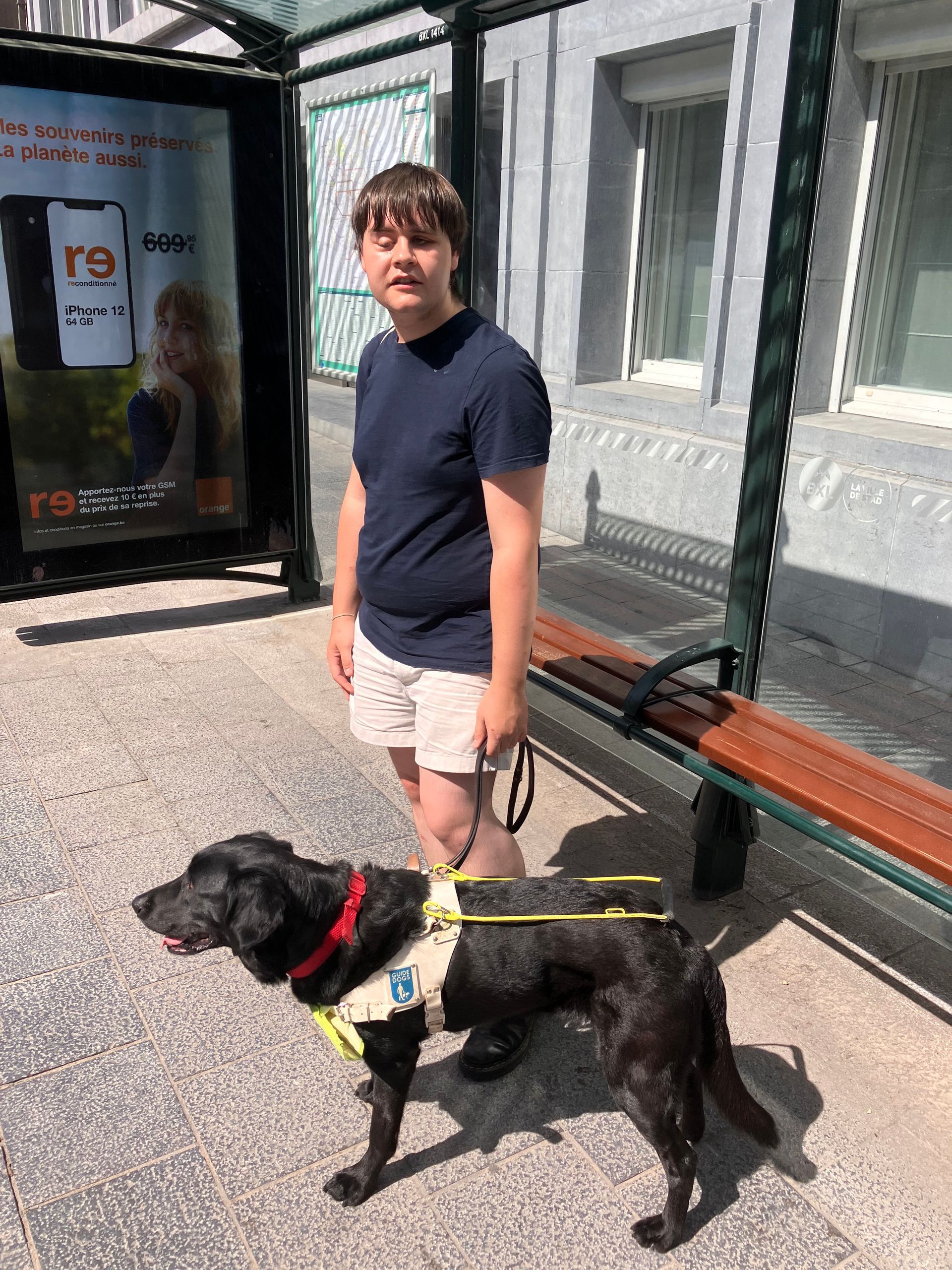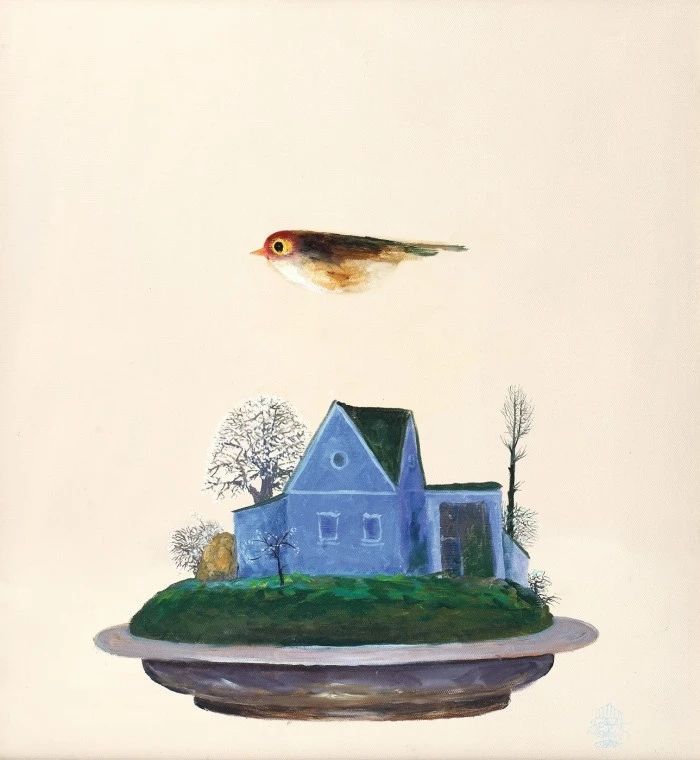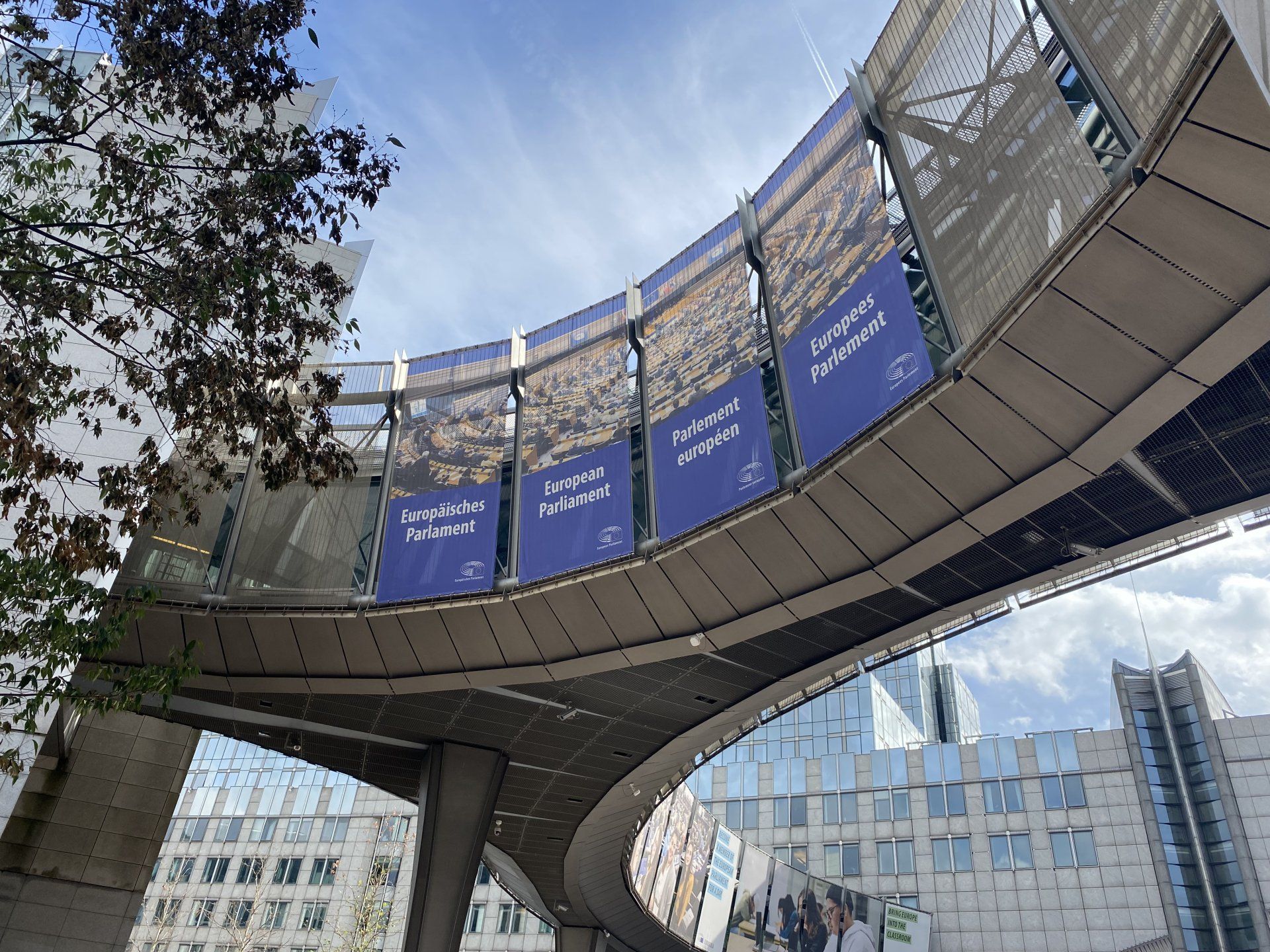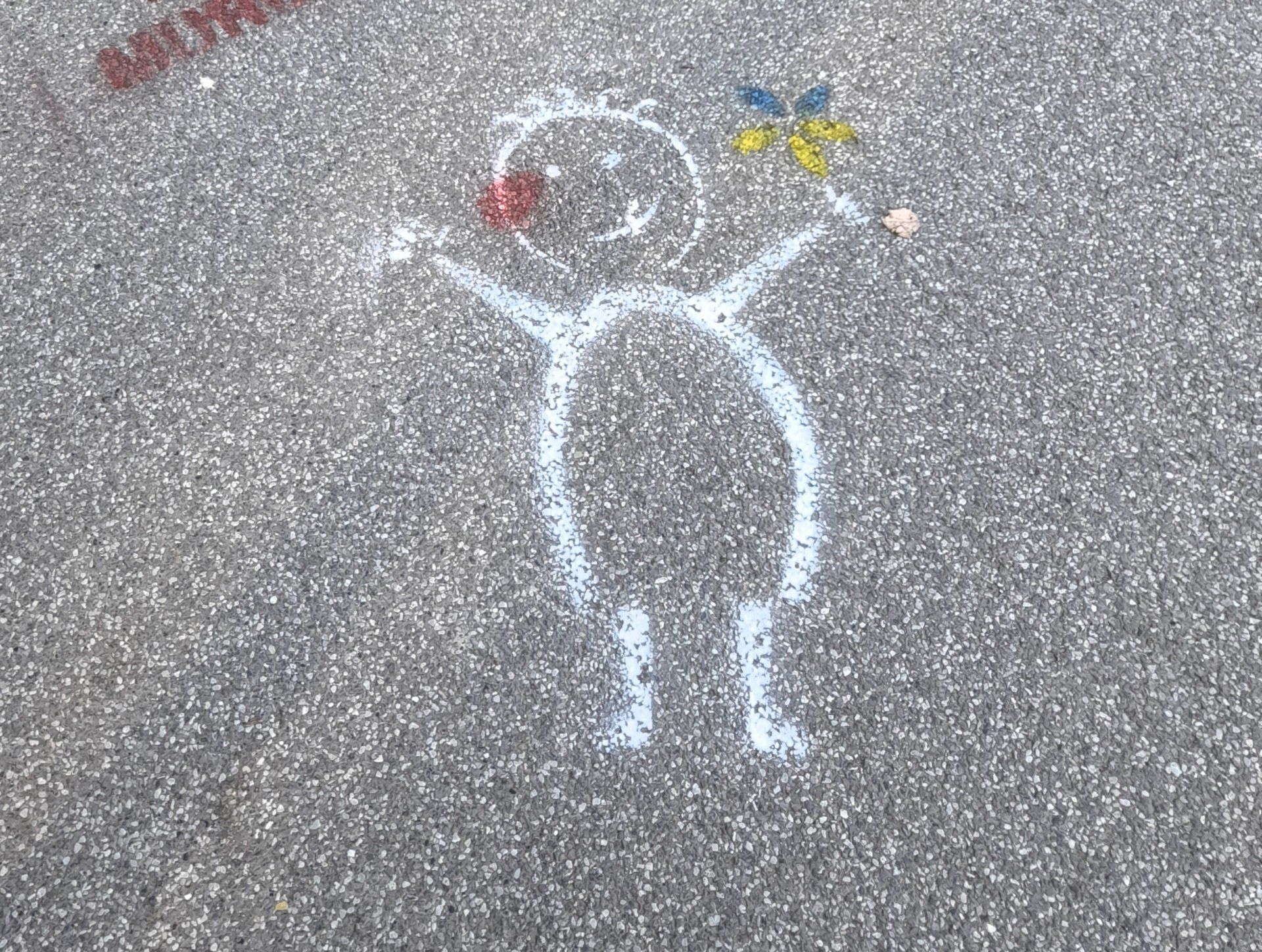Rethinking the rethinking
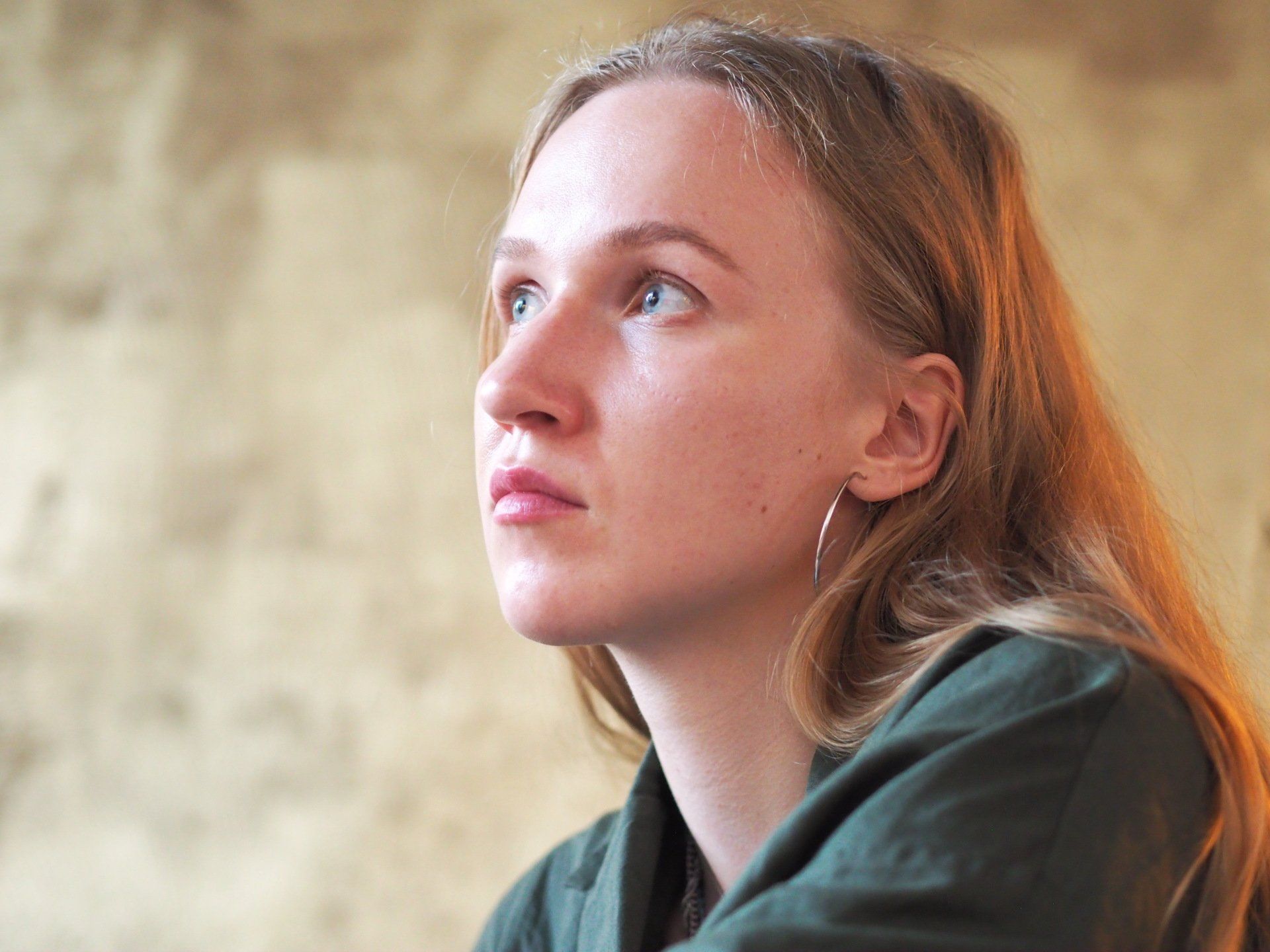
By Sofiia Kosourova (pictured, image credit Marian Cramers)
On July 13, Flare held its first in-person event from the Rethinking our purpose in an age of shocks dialogue series, which took place in a beautiful Art Nouveau house in Brussels. The night was just as beautiful and inspiring as the venue — it was a gathering of people who dedicated their lives to change, trying to make a difference in this world full of injustice and suffering. They shared their visions of the present and discussed what was not right about it, as though presenting their diagnosis of our realities in an attempt to find a cure: lack of security, climate crisis, fear and lack of trust in society, to name a few. The conversation affected me deeply and I left the event feeling inspired and full of hope. Or at least I wanted to think so.
What presented itself first as hope, gratitude, and admiration turned out to be a mask for exhaustion, disappointment, and bitter scepticism, which only surfaced later and left me feeling like I was ultimately and completely misunderstood. This is quite ironic given that I did not contribute to the shared discussion in any way, where then did this ‘misunderstanding’ come from?
A couple of days of reflecting and a few mental breakdowns later, it finally occurred to me — I felt that way because no one talked about the one thing I wanted to talk about. How can one talk about screen time and recycling when Ukraine and its people are burning every day? Yes, climate change is important but how can one favour this in a discussion and not what state-sponsored propaganda has done to many Russians or how military service in Russia has become a ghetto tax? How can one talk about anything that is not the war? As someone coming from a Russian-Ukrainian family, these are the buzzing questions that I have in my now hive-resembling head every day. And since the war started, this is the only thing that matters to me, so should it to others, right?
This last part took me another bit of reflecting to realise that my judgment may have been unfair. Later, I remembered something I heard in a lecture on Russia’s war in Ukraine that helped me make sense of it: together with peace, security, and life, war also eliminates complexity. It gets rid of shades and tones until nothing is left but black and white. This is evidently part of the survival instinct, helping to draw a line between ‘us’ and ‘them’ and thus determine which side we are on. Short-term, this is key to staying alive. Long-term, this dichotomy further entrenches conflict, it burns bridges and ruins lives. And the closer we are to the war, the fewer shades there are on our black-to-white spectrum. Having seen what this mentality does to people, I always tried to be aware of the existing complexities. So no, I would never think that I had this black-and-white mindset, if anything, to me there were always way too many shades of grey (forgive me for this accidental yet barely appropriate pun). And yet seeing myself have such a response to the event was a reality check. Trying to avoid picking a side and to stay neutral and therefore ‘objective’ in questions pertaining to the war, it turned out that I had picked my side a long time ago — in dismissing any other topic, I looked down on those ‘privileged Westerners’ who had the luxury to talk and think and live anything else. I myself ended up drawing the ‘me’ vs. ‘them’ line that I was so wary of.
War de-complicates life. And even though I have been ‘privileged’ enough myself to be physically away from the war between Russia and Ukraine, it has become the centre of my everyday existence, the sole thing I can focus on. And for a reason, of course — it has made my past tainted, my future uncertain, and my present unbearable. And this is a story of a person who has not lost their home and family to the war like many other people have, at least not in a conventional sense. Being aware that there is so much more damage done and so many lives ruined by the war only further proves my initial point — I have no right to talk about anything else. We as society have no right to talk about anything else. But taking this right away from myself and denying it to others means that the war has won. Not being able to imagine what life should look like after the war means it has won. And not allowing ourselves to see beyond the death and destruction, to imagine peace and think of the steps we need to take to get there, means that we have lost. Screaming about the world burning is useless, and frankly, unnecessarily fatalist, without discussing how to put out this fire and thinking of how to rebuild the world once the fire is out.
Granted, this is not a comfortable conversation, as one may have noticed after reading this rebel yell of mine. It is not easy to imagine how life should be and much easier to furiously scrutinize its injustices but this only adds value to these conversations.
Having the privilege of relative distance from war should be used to bring peace. And this was what was attempted in that Art Nouveau house on July 13, which took me so long to realise. I am only now beginning to see my privilege and trying to use it for the collective good, even though it is only baby steps so far. But there are people out there who have long fought for change, and Flare has become a platform for many of those change-driven individuals. My time with Flare has been as humbling as it has been illuminating and cathartic, and I only hope to live up to its ethos one day.
Flare Blog
